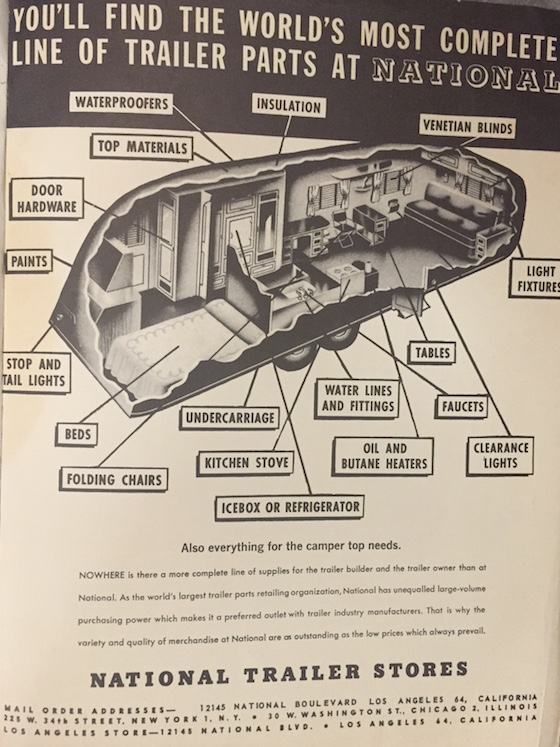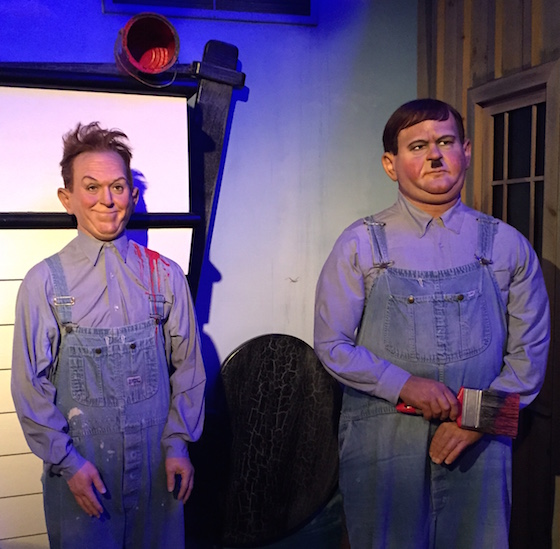It’s hard to miss the news stories about the Dow rocketing up and down on a daily basis right now. If there’s one thing that the market produces consistently its uncertainty. But what’s the impact of the unstable U.S. stock market on mobile home park investing?
Lower cap rates
With the stock market’s poor performance -- as well as the negligible rates now paid on bonds, CDs and Treasuries – cap rates have come down, since investors are willing to accept a lower rate of return now that most other investments out there are producing negative and near zero performances. As long as financial markets remain in anarchy, cap rates should remain low. But beware that while you can buy at 7% cap rates and up with fairly good security, anything under 7% is taking quite a gamble. Cap rates, like the stock market, also typically cycle, and you don’t want to be buying parks at 5.5% cap rates (which is pretty standard in California, for example) when caps start climbing.
More capital chasing deals
We have written many articles over the past several years about the new entrants to the industry: mostly well-known private equity firms. With these rookies come a huge amount of capital to spend. This has driven the cap rates to ridiculously low levels on some properties. Since these buyers are only interested in large, institutional-grade properties, their effect on most park owners is negligible. But they do have an important side effect, which is greater lender confidence in the industry. The entry of Sam Zell and Warren Buffet and the Carlyle Group have instilled confidence on the part of the banking community and obtaining mobile home park loans has never been easier on good properties.
Low interest rates
Just as the pathetic performance of the markets have driven cap rates lower, they have also pushed interest rates to near historical lows. Interest rates in 1776 were at 6% -- two points higher than they are today for most loans. As the stock market is a function of the economy, the weak economy has kept rates low for nearly eight years now, and there does not seem to be an end in sight. And, as the key to making a high cash-on-cash return is the “spread” of loan interest rate to cap rate, the two are somewhat related.
Need for employment diversity in every market
One casualty of our unstable U.S. economy is the havoc it wreaks on businesses. Take, for example, the oil and gas industry, which has watched its product fall in value by over 50% in one year. This, in turn, has turned formerly strong economic areas into virtual ghost towns overnight. If you owned a mobile home park in an oil and gas market, you’re investment is in jeopardy. The lesson learned is that you have to buy only in markets that are well diversified. Our favorite employers are hospitals, colleges, school districts, and government – industries that are immune to the rise and fall in the stock market.
Affirmation that you have to get off the beaten path
Perhaps one of the greatest lessons from the U.S. financial market instability is the necessity to take some risk and get off the beaten path if you want to show any type of investment return. If a mobile home park can produce a 15% cash-on-cash return, that’s the equivalent of 15 years of a 1% CD. With contrast that shocking, it’s a very compelling case to venture into investment options that actually have some type of significant return.
Conclusion
The future of the U.S. stock market remains unclear. It is currently showing a negative return for 2015, and the hope of it showing any significant in the few months remaining is negligible. The impact of this outcome is favorable for mobile home park investing, as a whole. But there are lessons learned that every smart investor will watch out for in the years ahead.





